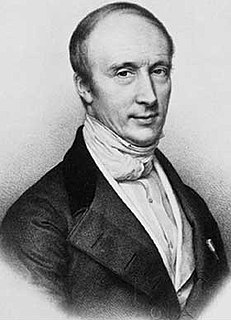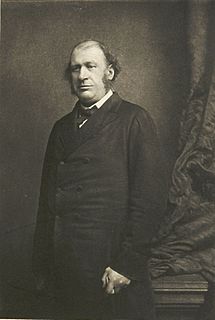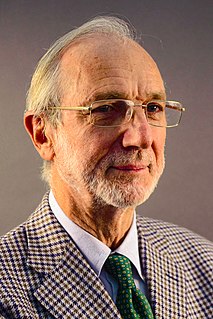A Quote by James G. Frazer
From the earliest times man has been engaged in a search for general rules whereby to turn the order of natural phenomena to his own advantage, and in the long search he has scraped together a great hoard of such maxims, some of them golden and some of them mere dross. The true or golden rules constitute the body of applied science which we call the arts; the false are magic.
Related Quotes
We may conclude, therefore, that, in order to establish laws for the regulation of property, we must be acquainted with the nature and situation of man; must reject appearances, which may be false, though specious; and must search for those rules, which are, on the whole, most useful and beneficial.
First, it is necessary to study the facts, to multiply the number of observations, and then later to search for formulas that connect them so as thus to discern the particular laws governing a certain class of phenomena. In general, it is not until after these particular laws have been established that one can expect to discover and articulate the more general laws that complete theories by bringing a multitude of apparently very diverse phenomena together under a single governing principle.
Some people are natural beauties, some have great style, but sometimes it comes from talent. Take Kate Winslet: I was listening to her speech at the Golden Globes. That woman has so much intensity. She's amazing to watch and to listen to. With some people, it can even be their voice that makes them attractive.
Perhaps that is what life is all about—the search for such a connection. The search for magic. The search for the inexplicable. Not in order to explain it, or contain it. Simply in order to feel it. Because in that recognition of the sublime, we see for a moment the entire universe in the palm of our hand. And in that moment, we touch the face of God.
It is paltry philosophy if in the old-fashioned way one lays down rules and principles in total disregard of moral values . As soon as these appear one regards them as exceptions, which gives them a certain scientific status, and thus makes them into rules. Or again one may appeal to genius , which is above all rules; which amounts to admitting that rules are not only made for idiots , but are idiotic in themselves.
Several times I asked myself, "Can it be that I have overlooked something, that there is something which I have failed to understand? Is it not possible that this state of despair is common to everyone?" And I searched for an answer to my questions in every area of knowledge acquired by man. For a long time I carried on my painstaking search; I did not search casually, out of mere curiosity, but painfully, persistently, day and night, like a dying man seeking salvation. I found nothing.
Confronted with such a variety most philosophers try to establish one approach to the exclusion of all others. As far as they are concerned there can only be one true way- and they want to find it. Thus normative philosophers argue that knowledge is a result of the application of certain rules, they propose rules which in their opinion constitute knowledge and reject what clashes with them.




































